Under the theme “Reconstruction of Future Universities and Education Driven by Artificial Intelligence,” the 2023 Global MOOC and Online Education Conference was convened in Milan. This event, jointly hosted by the Global MOOC and Online Education Alliance and the UNESCO Institute for Information Technologies in Education and co-organized by Tsinghua University and Politecnico di Milano, brought together a distinguished gathering of experts and policymakers from over 20 countries, including China, Italy, the United States, Australia, France, the United Kingdom, Singapore, Chile, Indonesia, Thailand, and more. The conference focused on exploring the expanding influence of Artificial Intelligence in transforming higher education landscapes globally.
UNESCO’s Vision for AI and Education
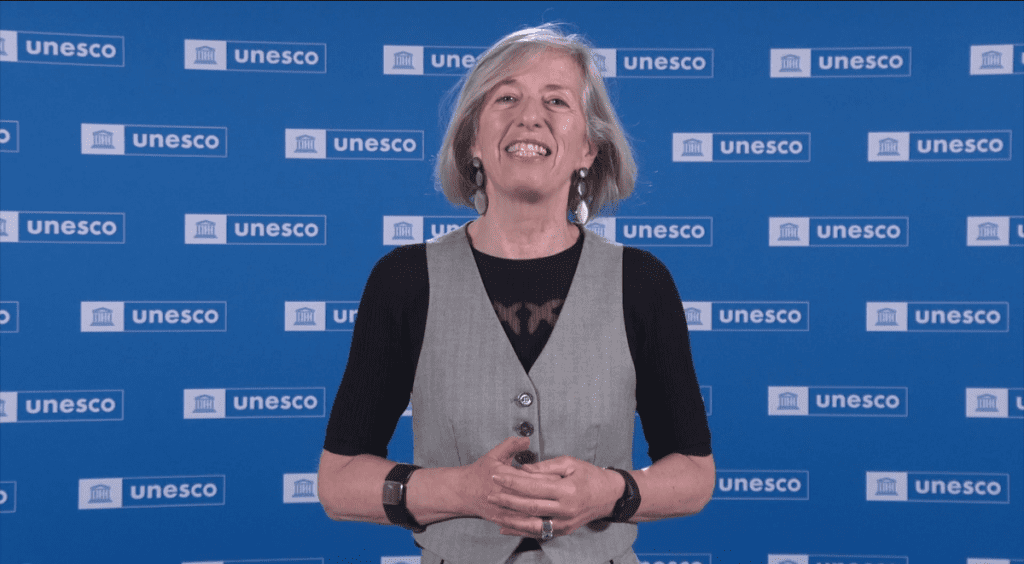
In her opening address, Stefania Giannini, UNESCO Assistant Director-General for Education, delved into the impact of the rapid development of generative AI in the educational sector. She underscored the need to address fundamental questions shaping the future of knowledge, education, and human learning in this era of digital transformation. Giannini highlighted UNESCO’s dedicated efforts in collaborating with academic institutions, think tanks, and nations worldwide, focusing on developing comprehensive guidance on generative AI and establishing competency frameworks for students and teachers. She further recognized the vital role of the Global MOOC and Online Education Alliance in this journey, noting, “The Alliance has been a pivotal partner for UNESCO, driving forward innovative educational solutions globally.”
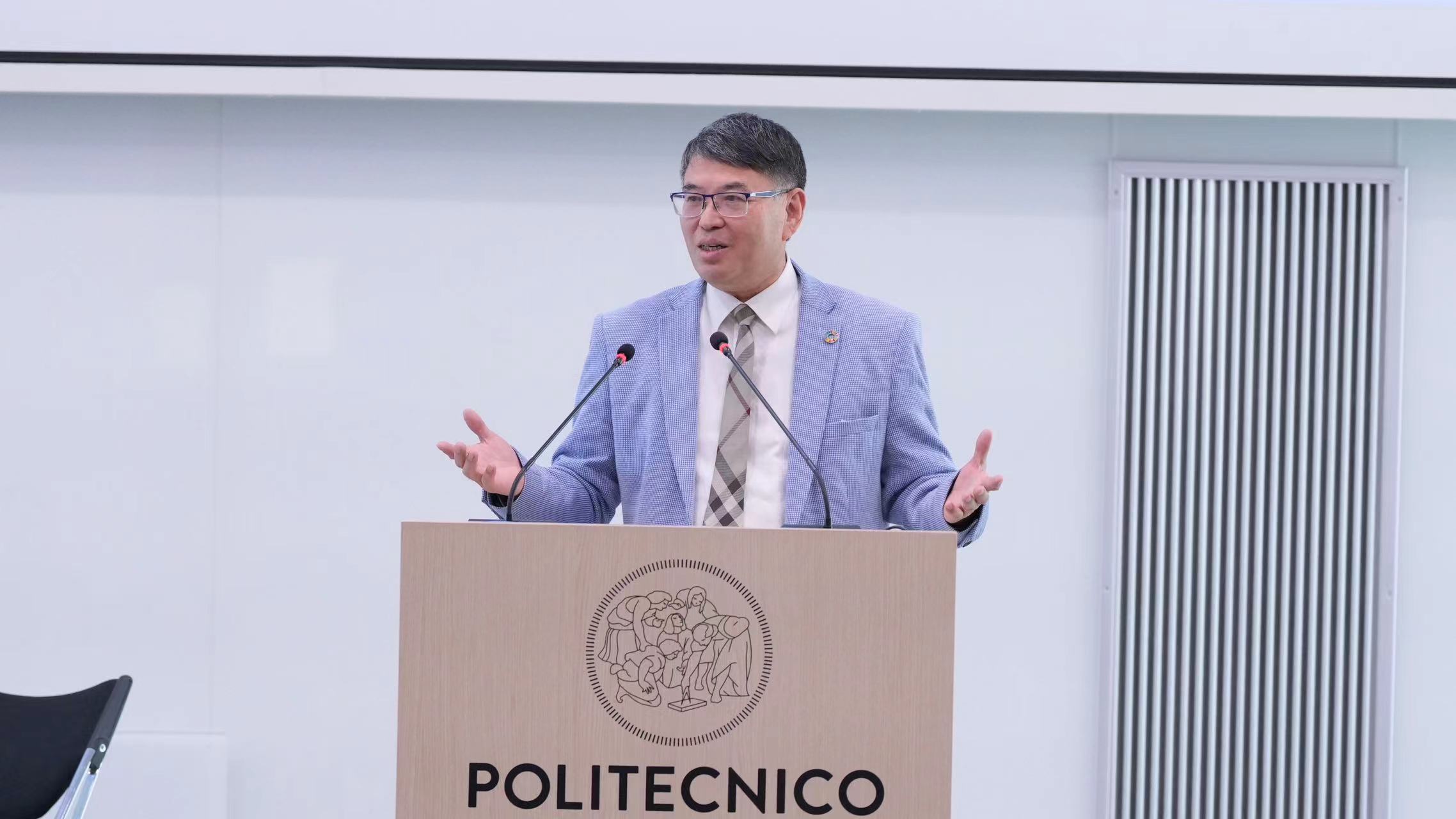
The conference was brought to a meaningful close with remarks from Zhan Tao, Director of the UNESCO Institute for Information Technologies in Education. He celebrated the collective achievements of the conference, emphasizing the vital role of international cooperation in harnessing AI for the betterment of educational systems globally.
China’s Strategic Blueprint for Digital Education Advancement
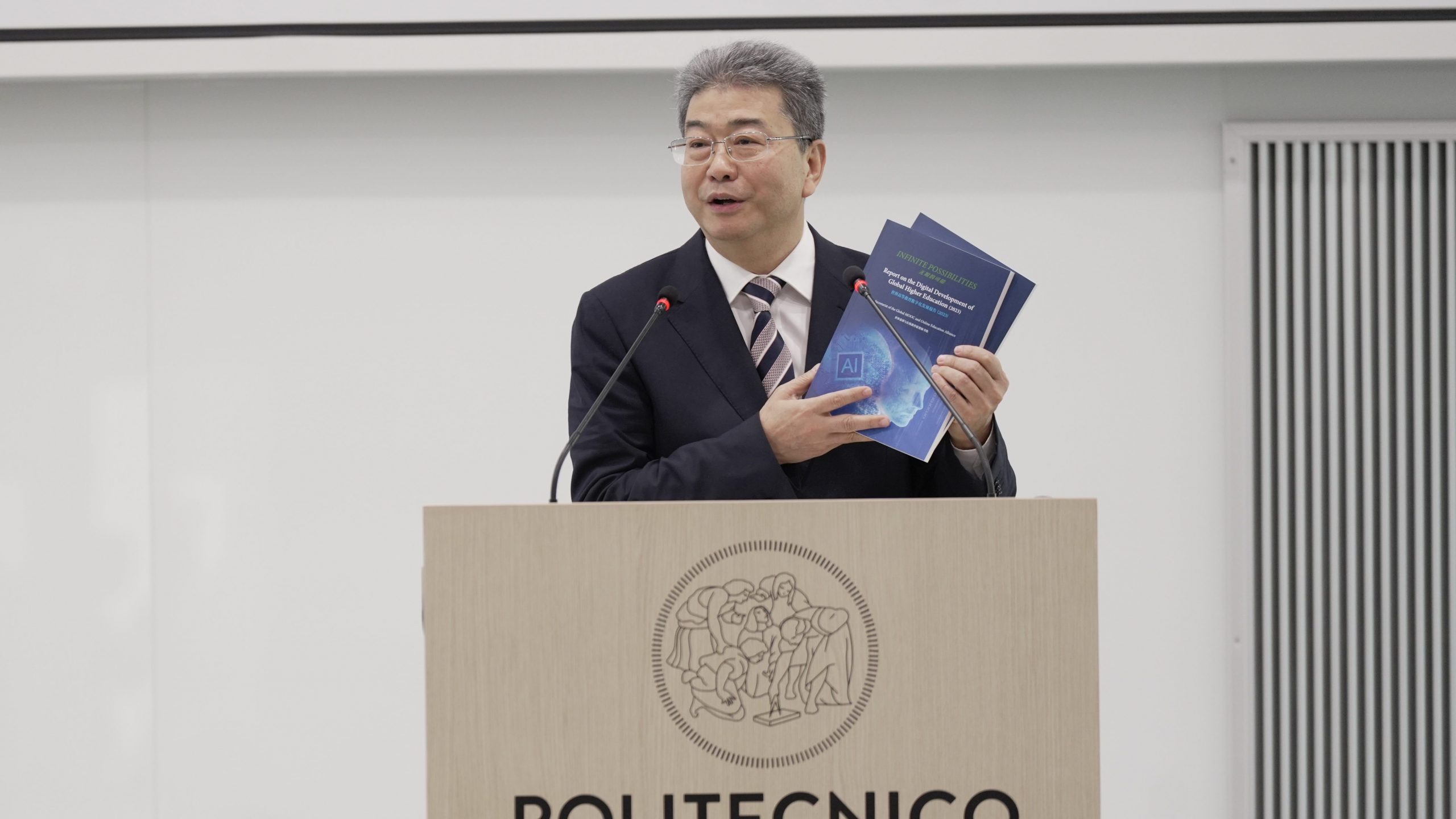
Wu Yan, Vice Minister of the Ministry of Education,China, delivered an in-depth presentation on China’s strategic initiatives in digital education. He detailed China’s progression from fundamental infrastructural development to integrating intelligent technologies in teaching, exemplifying the nation’s approach to enhancing connectivity, diversifying educational content, and fostering collaborative educational models.
In recent years, China has emerged as a leader in enhancing digital education, evidenced by its establishment of a more efficient, interconnected learning environment, the development of a diverse range of educational resources, and the implementation of extensive, smart technology-driven approaches across various educational settings. Wu Yan also emphasized China’s dedication to international collaboration, envisioning joint efforts with global partners to navigate and capitalize on the opportunities presented by the digital era. He anticipated transformative changes by fully embracing and utilizing digital technology — from revolutionizing student learning and teacher instruction to redefining educational governance and the broader educational ecosystem. This collaborative vision aims to contribute to developing a future for higher education that is more dynamic, inclusive, and of elevated quality.
Landmark Reports Released by Yang Bin and Giuliano Noci
During the Conference, Yang Bin, Vice President of Tsinghua University and Special Representative of the Chair of the Global MOOC and Online Education Alliance, and Giuliano Noci, Vice-Rector for China of Politecnico di Milano, jointly released the INFINITE POSSIBILITIES – Report on the Digital Development of Global Higher Education 2023 and The Digital Development Index of Global Higher Education 2023. The report represents the collective expertise of nearly 130 specialists from 36 leading global institutions on the future digital development of higher education. It offers a thorough exploration of the progressive stages of digital technology in the educational sector, delineates emerging educational models, projects forthcoming trends in this field, and proposes six strategic actions to address contemporary challenges in digital education.
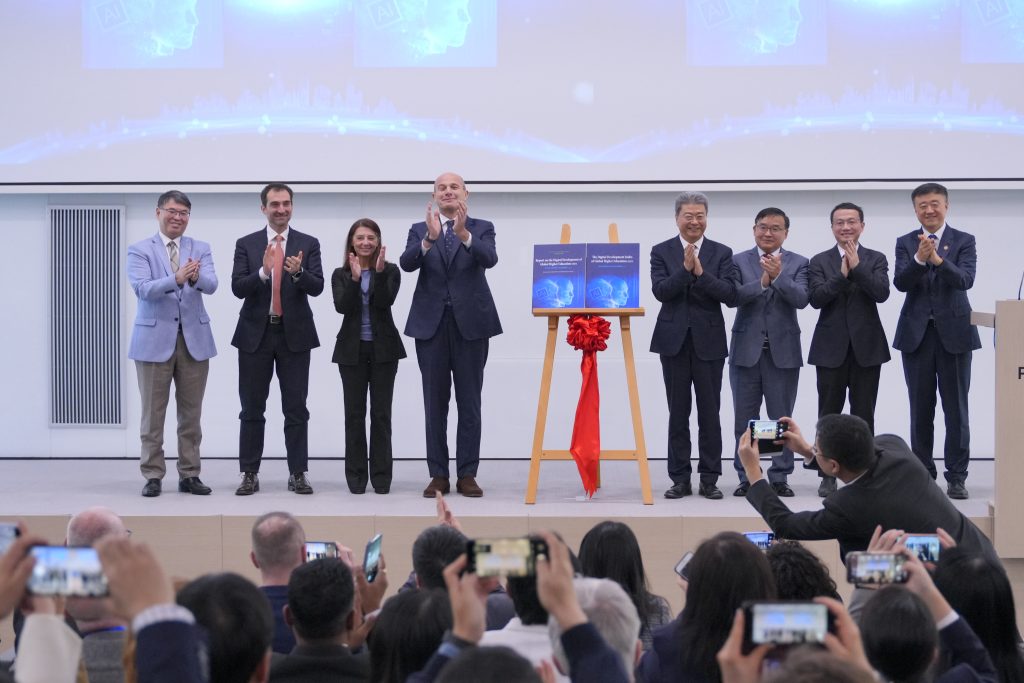
The Index measures digital progress in higher education through key aspects: digital educational methods, school management models, administrative systems, and guarantee mechanisms. This tool is a valuable resource for countries to refine and advance their digital education strategies.
Expanding the Global Alliance
The conference marked the expansion of the Global MOOC and Online Education Alliance, including the UK’s FutureLearn platform, the Indonesian Cyber Education Institute (ICE Institute), and the National Autonomous University of Mexico (UNAM). This growth reflects the Alliance’s increasing influence and commitment to fostering global educational innovation.
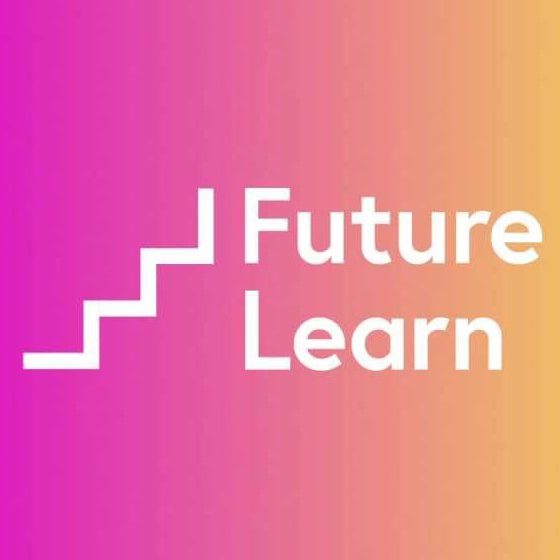
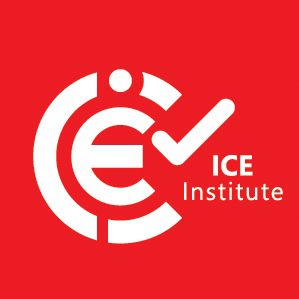
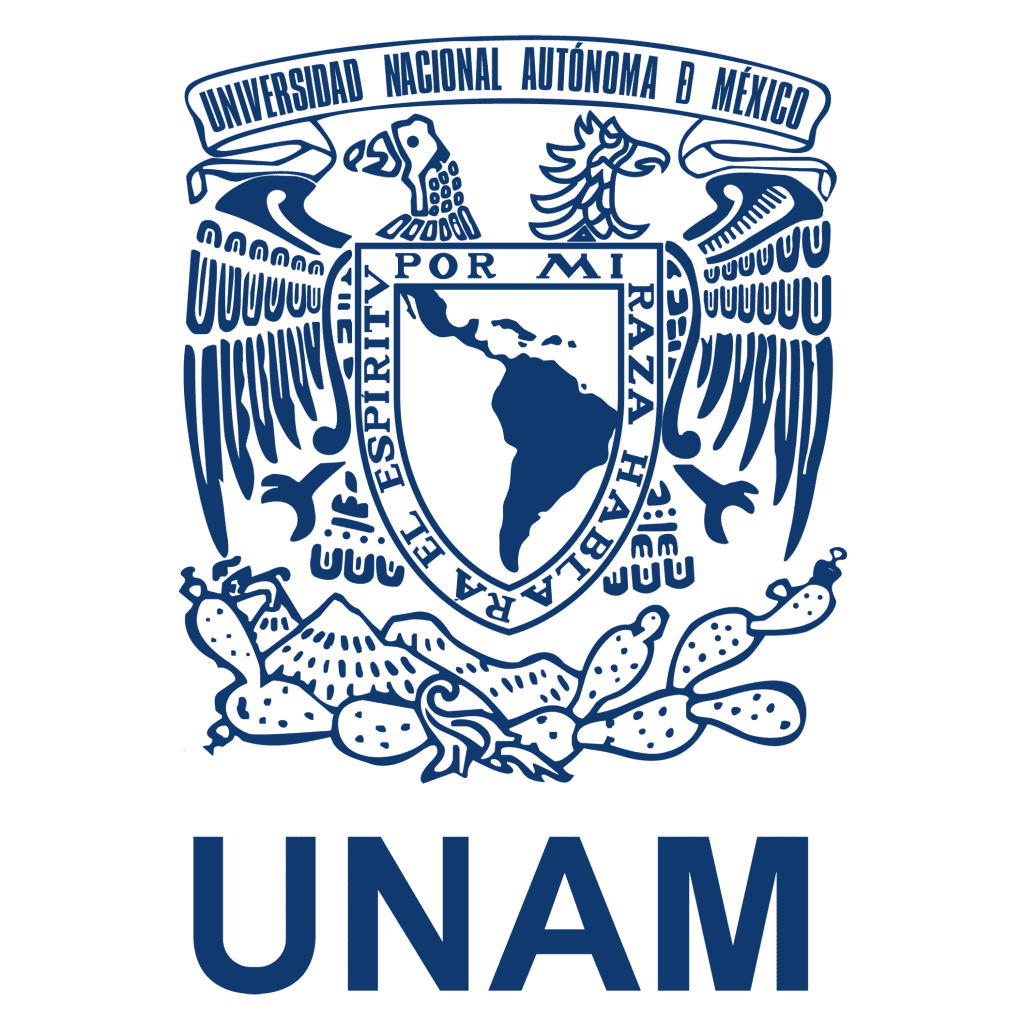
Global Dialogue and Collaborative Insights
The conference featured discussions on empowering STEM education, promoting educational equity, enhancing teacher digital literacy, and utilizing AI to augment educational practices.
More than 60 esteemed experts, government officials, and practitioners engaged in dynamic discussions at the conference. They explored the nexus of AI and future skills in digital higher education, setting the tone for future collaborations. The conference, attended by representatives from more than 70 universities, online platforms, and international organizations, underscored the importance of global dialogue in shaping the digital transformation of higher education.
About the Global MOOC and Online Education Alliance
The Global MOOC and Online Education Alliance is composed of members from 16 universities and five online education institutions, representing 15 countries across six continents. Its mission is to foster consensus on educational development, unite innovative efforts, share hands-on experiences, and deliver insights into technological progress. The Alliance is dedicated to promoting international collaboration and advancing the frontiers of online and MOOC-based education worldwide. The Secretariat of the Alliance was established at Tsinghua University, which also serves as the inaugural chairing institution.
